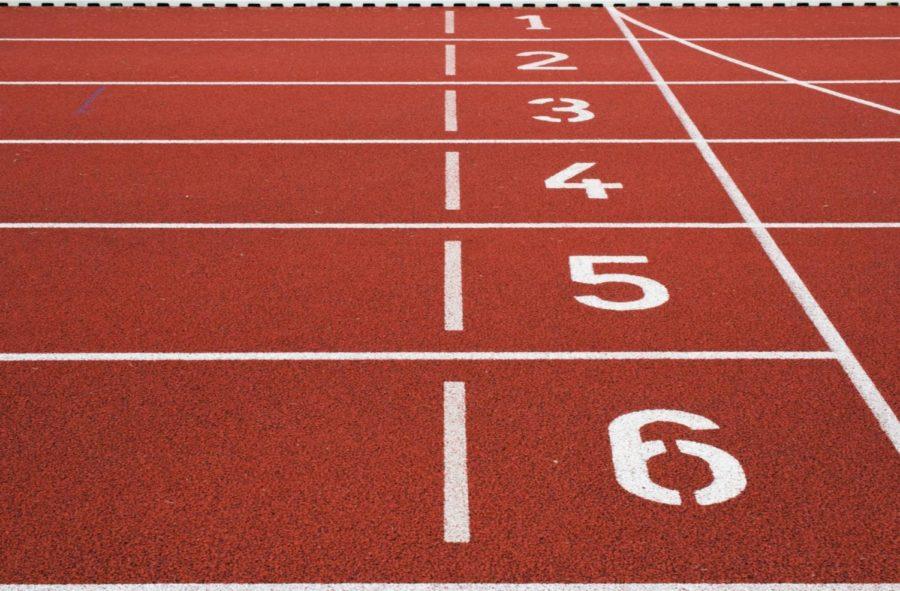Letter: Break up the the NCAA cartel
July 7, 2021
When I was an undergraduate, I attended an Economics Club meeting at which our guest speaker was Interim President Ben Allen. I made sure I was there early because I had a burning question for him, and I thought for sure the room would be packed. Fortunately, it was me and maybe four or five other students, plus our adviser. I asked a question about balancing the academic and financial needs of student-athletes and the expectations and funding of our sport programs, touching on student-athlete pay.
Though much of his thoughtful answer is now lost on me, I’ll never forget his unflattering description of the NCAA: “A cartel.” While this conjures up images of gang violence, it does have a benign academic definition, namely organizations involved in price-fixing. Supreme Court Justice Brett Kavanaugh highlights this fact in a recent concurring opinion as part of a ruling against the NCAA, part of which I’d like to highlight and add to through brackets:
“Price-fixing labor is price-fixing labor. And price-fixing labor is ordinarily a textbook antitrust problem because it extinguishes the free market in which individuals can otherwise obtain fair compensation for their work … The bottom line is that NCAA and its member colleges [Iowa State included] are suppressing the pay of student-athletes who collectively generate billions of dollars in revenues for colleges every year.
“Those enormous sums of money flow to seemingly everyone except the student-athletes. College presidents [including President Wendy Wintersteen], athletic directors [including Jamie Pollard], coaches [including Matt Campbell], conference commissioners and NCAA executives take in six- and seven-figure salaries [for the previously mentioned persons: $589,999, $725,000, and $1,900,000, respectively].
“Colleges build lavish new facilities [the Sports Performance Center north of Jack Trice comes to mind]. But the student-athletes who generate the revenues, many of whom are African American and from lower-income backgrounds, end up with little or nothing … Nowhere else in America can businesses get away with agreeing not to pay their workers a fair market rate on the theory that their product is defined by not paying their workers a fair market rate. And under ordinary principles of antitrust law, it is not evident why college sports should be any different. The NCAA is not above the law.”
Though these issues seem distantly played out in Washington, D.C., the inequalities of college sports are readily apparent here in Ames. It’s past time to break up the cartel on student-athlete compensation, though what comes next isn’t exactly clear. However, I’m optimistic it will be better for our athletes than our program administrators based on their zeal to block even the most reasonable academic-related compensation, like laptops and graduate education.
Brennan Goodman is a year three student in veterinary medicine.

















